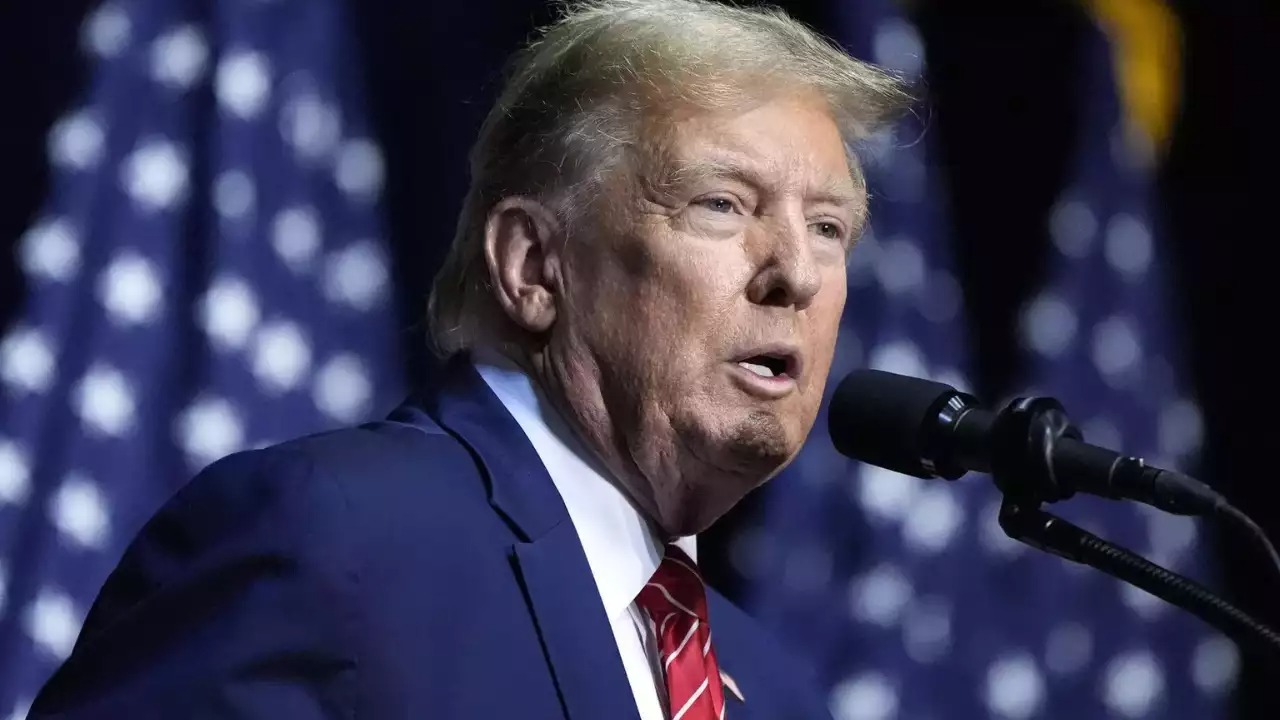The argument put forth by Trump lawyer John Sauer before the Supreme Court, suggesting that a president should be immune from prosecution for ordering the assassination of a political rival, has sparked intense debate and raised concerns about the extent of presidential immunity.
During questioning from Justice Sonia Sotomayor, Sauer defended the notion that such actions could be considered official acts and thus shielded from legal consequences.
This assertion, echoed from previous hearings, highlights a broader argument for absolute presidential immunity, even in cases of egregious misconduct.

Donald Trump (Credits: ABC News – The Walt Disney Company)
Justice Sotomayor expressed deep reservations about this stance, emphasizing the gravity of condoning actions like ordering assassinations or accepting bribes. The notion that such behavior could be deemed reasonable for a president or any public official raises fundamental questions about accountability and the rule of law.
Trump’s legal battles, including charges related to the Jan. 6 Capitol attack, have prompted speculation that he seeks to leverage a favorable Supreme Court ruling to evade prosecution or delay his trials.

Donald Trump (Credits: Times of India)
With a right-wing majority on the bench, the outcome of these proceedings could have implications for the future of presidential accountability and the integrity of the justice system.
The debate over presidential immunity underscores the need for robust checks and balances to ensure that no individual, regardless of their position of power, is above the law. The Supreme Court’s decision in this matter will undoubtedly shape the contours of executive authority and the limits of presidential impunity.























